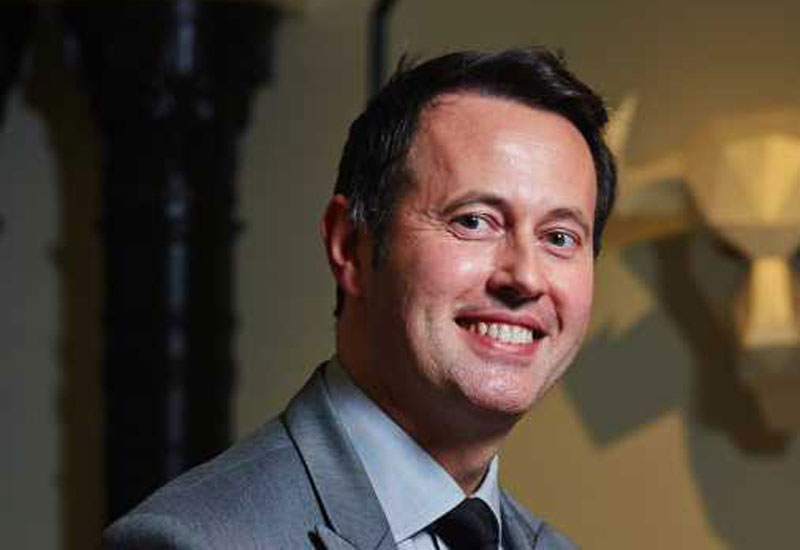Longevity, Robineau says, is important. There is no reason to create something that will not stand the test of time. “I am convinced that it will inspire other people throughout the world to be different. It’s very daring, it’s a very daring project.”
He admits that the logistics were challenging; however, the key to the project was complete organisation. With Dacosta (and this will be followed through with all the subsequent concepts), a front-of-house and back-of-house team was sent to his restaurant in Dénia, Spain to work with the Michelin-starred chef for a period of time. Once they returned, a full debrief took place, and then the purchasing team got to work on executing and sourcing products.
“Sourcing the products is huge; we have an amazing purchasing manager and I give him so much credit for what he’s done. There were so many products to source from different parts of the world — the whole team has been very hands-on. He pushed the doors, he spoke to the suppliers... yes logistics are huge but it requires a lot of preparation.”
He adds: “We understand that it’s a costly exercise but ultimately, in terms of the P&L, you have to see in the long run, not with just one chef. And it has a huge marketing value. We are making headlines on an international level, with Forbes and CNN. It’s not just about the profitability you get from the consumer.”
What’s also different is the pre-booking model. In this region, restaurateurs are somewhat inured towards no-shows from customers. In Enigma’s case, anyone wishing to attend must purchase a ‘ticket’ online which will cover the cost of the food and water — alcohol is extra.
Talking about the ticketing, Robineau reveals the platform is currently being developed with a company that works with restaurants in the US, like Thomas Keller and Alinea. He says of the move: “It allows us as a restaurateur to secure the table booking because we know you have paid, we know you will be coming. It’s an educating process, and people have to get used to it. For the consumer it also has the advantage of knowing that they have secured the seat.”
The educating process goes across the board, with hotel team members, suppliers and owners getting involved. “The backup from the owning company is huge. It’s all very good having great ideas but you need financial backing behind this venture.
“When we first discussed the idea, a lot of people were in tune, but asked if we could really do this. Is it feasible? So we had to crunch numbers and show that it made sense in the long-term, and it’s a venture that will benefit us as a business. So once we passed that stage, everyone was on board and was really excited.”
He claims that from the time the second chef comes on-board the restaurant will “start seeing profitable numbers in terms of the exposure and marketing value — that will be considered as a return on investment”. Declining to share financial investment numbers, Robineau says another factor contributing to profitability was supplier co-operation.
When procurement began, convincing suppliers was slightly difficult. “It’s incredible, we are seeing suppliers knocking on the door saying: ‘I want to give you my product, can you use it?’ You will see a natural effect that people are wanting to be part of the venture. We’ve already put a dollar amount on the exposure that we’ve received internationally and it’s substantial.”
Some of the changing items in the restaurant including tableware have been leased instead of bought, while other suppliers are providing it FOC just to have their products in the venue.
Robineau concludes, smiling: “We have a long-term strategy as opposed to a short-term strategy.”
Article contines on next page...

| Advertisement |









 Search our database of more than 2,700 industry companies
Search our database of more than 2,700 industry companies









